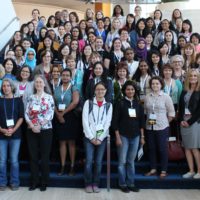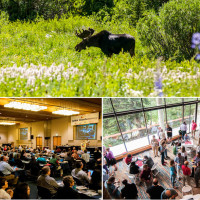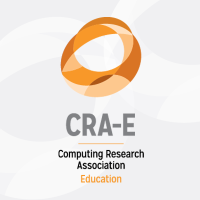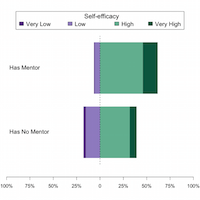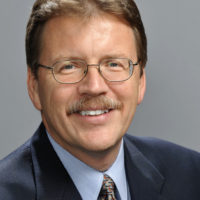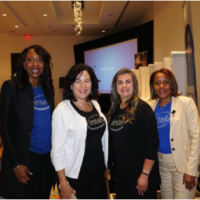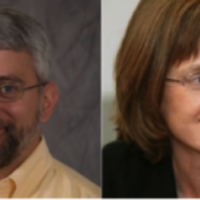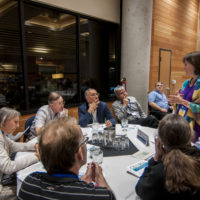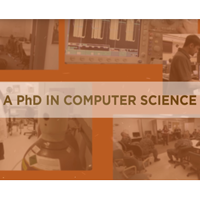
New Videos Encourage Undergraduates to Pursue Advanced Education in Computing
The Computing Research Association (CRA) and its education committee (CRA-E) are excited to announce the creation of five short videos entitled “Choosing a PhD in Computer Science.” These videos were designed in conjunction with award-winning producer Patrick Sammon (co-producer of “Codebreaker”) to explain the benefits of pursuing a PhD in CS. The videos showcase young researchers with PhDs who are now working in industry as they talk about what compelled them to pursue a doctorate and how they are using their advanced training in their work. While many undergraduates understand that a PhD is needed for a position in academia, these videos demonstrate how a PhD can be useful in industry as well.


